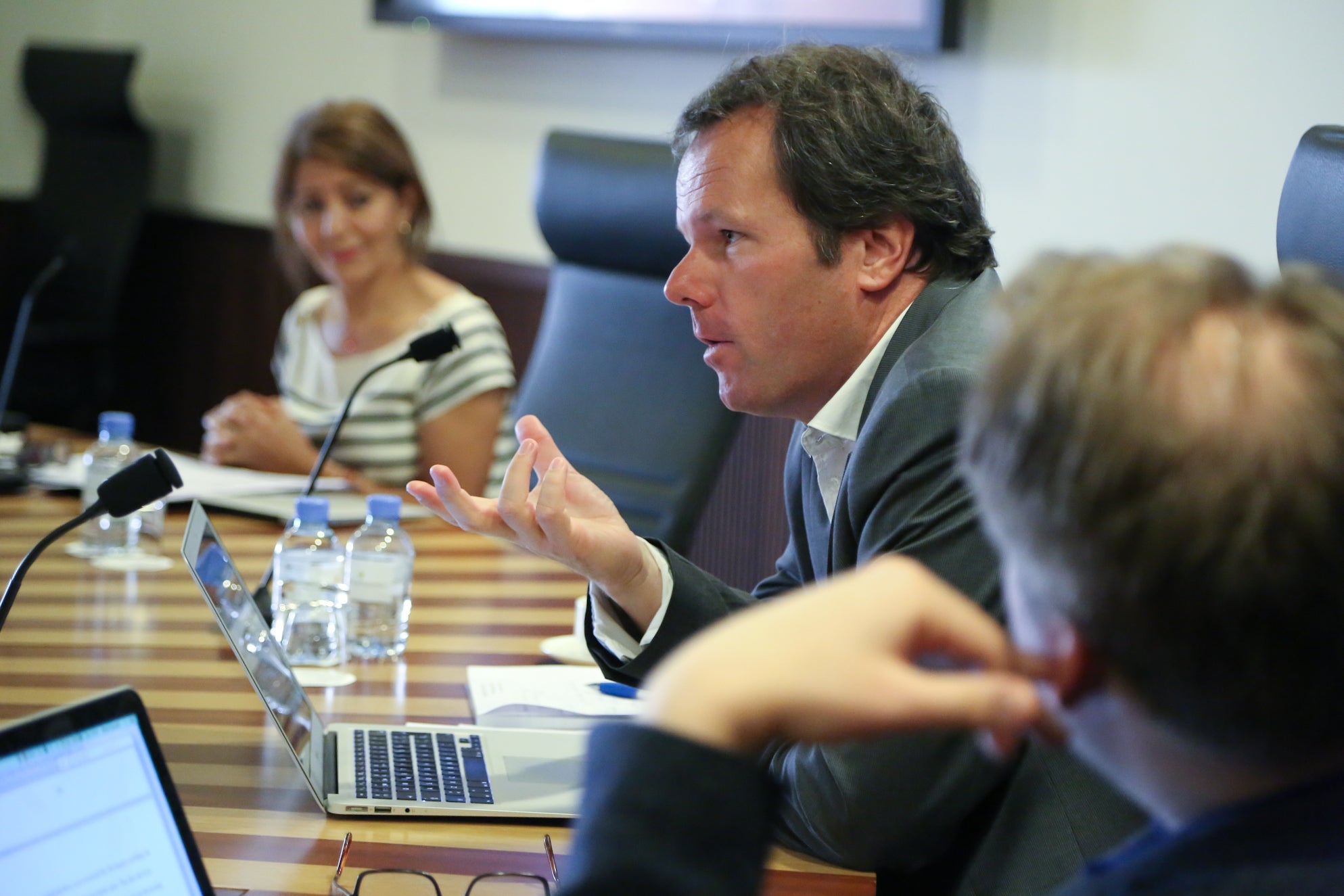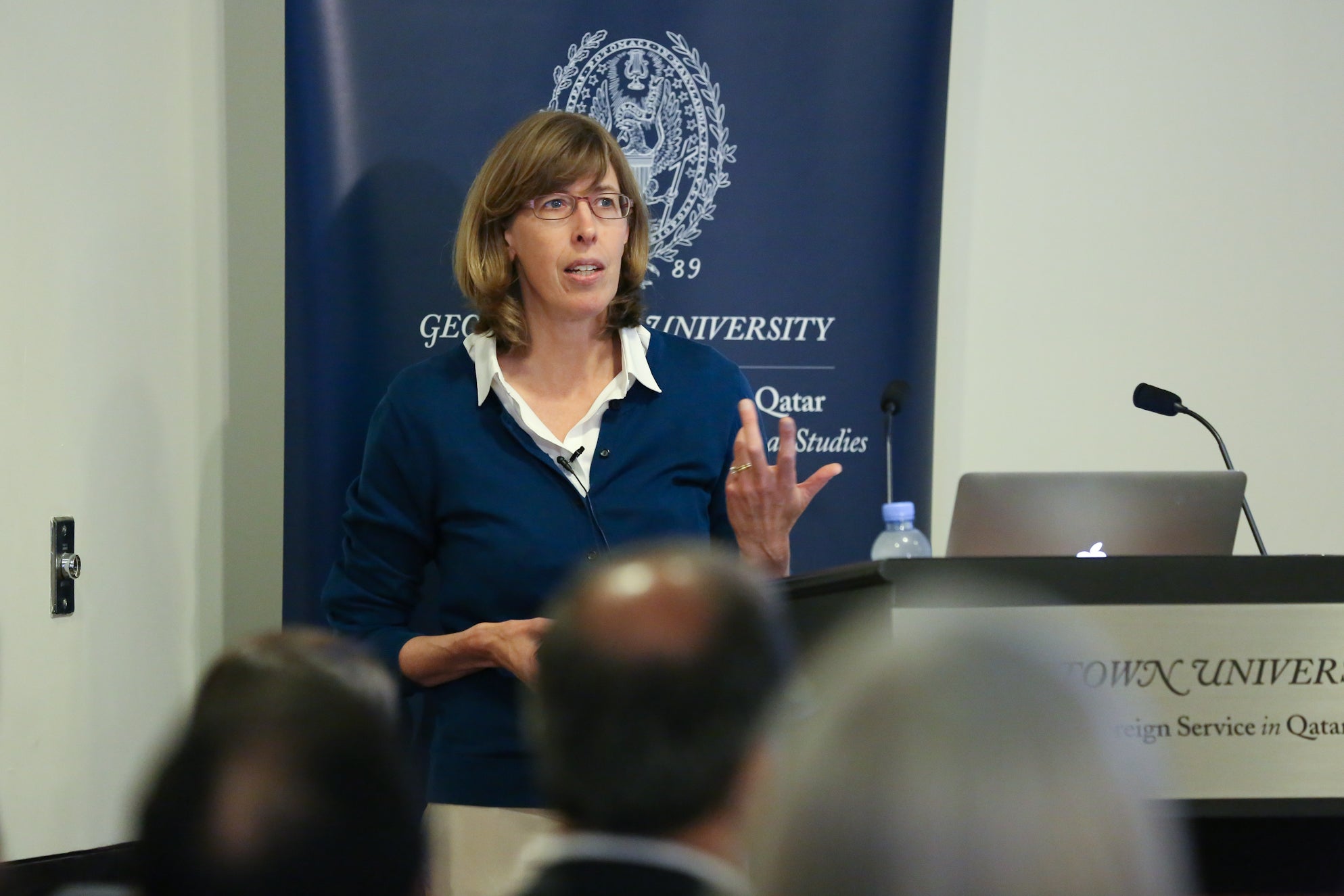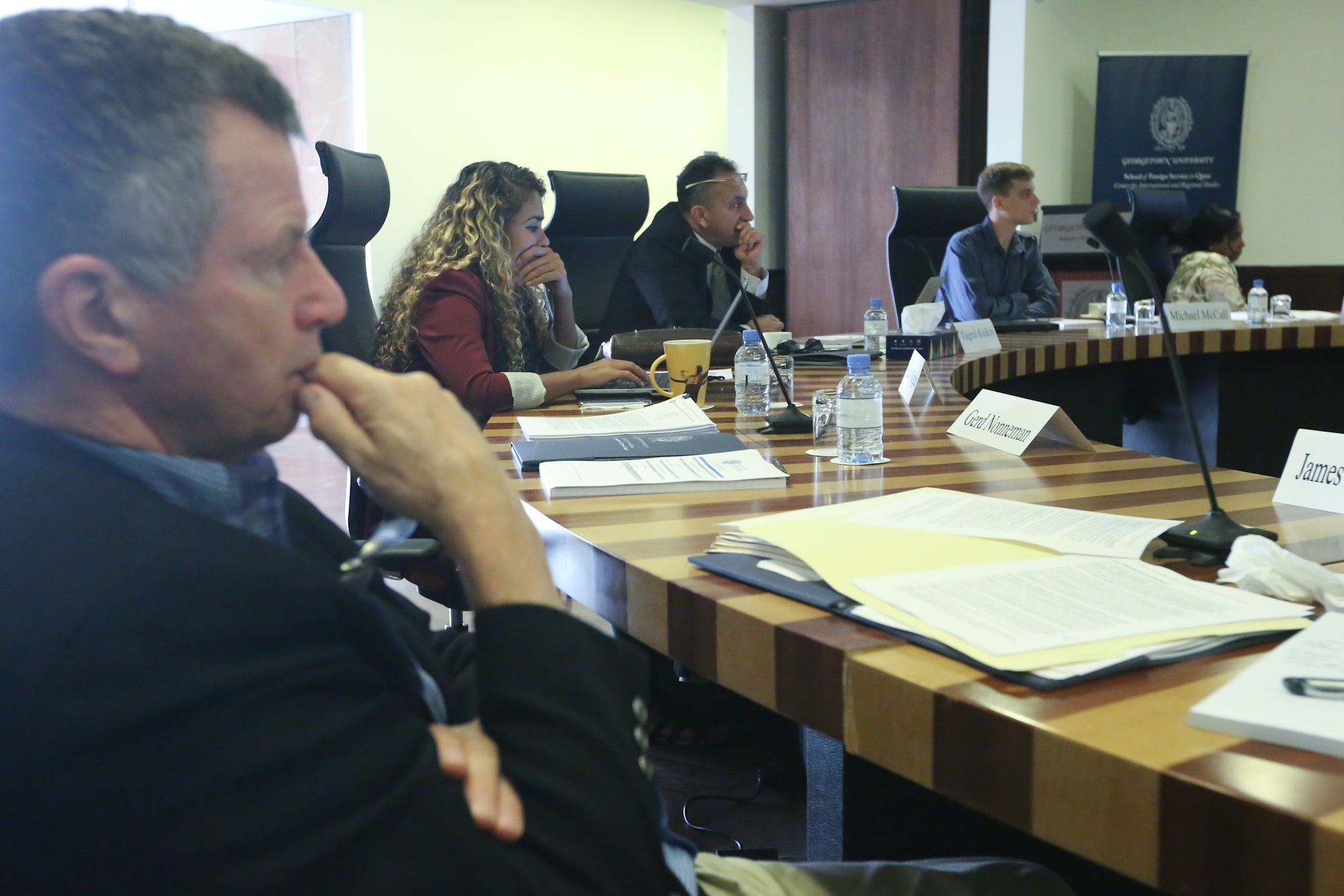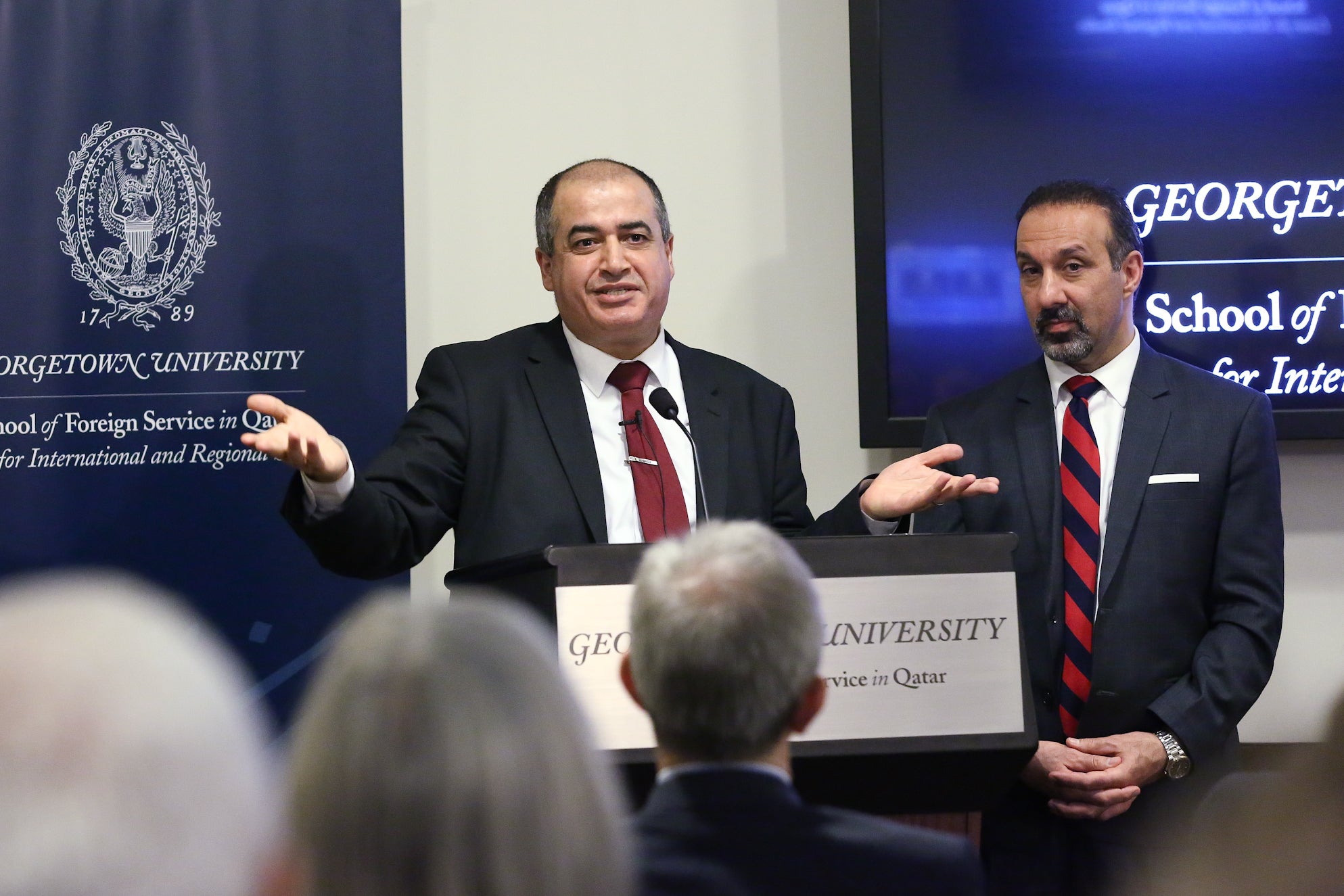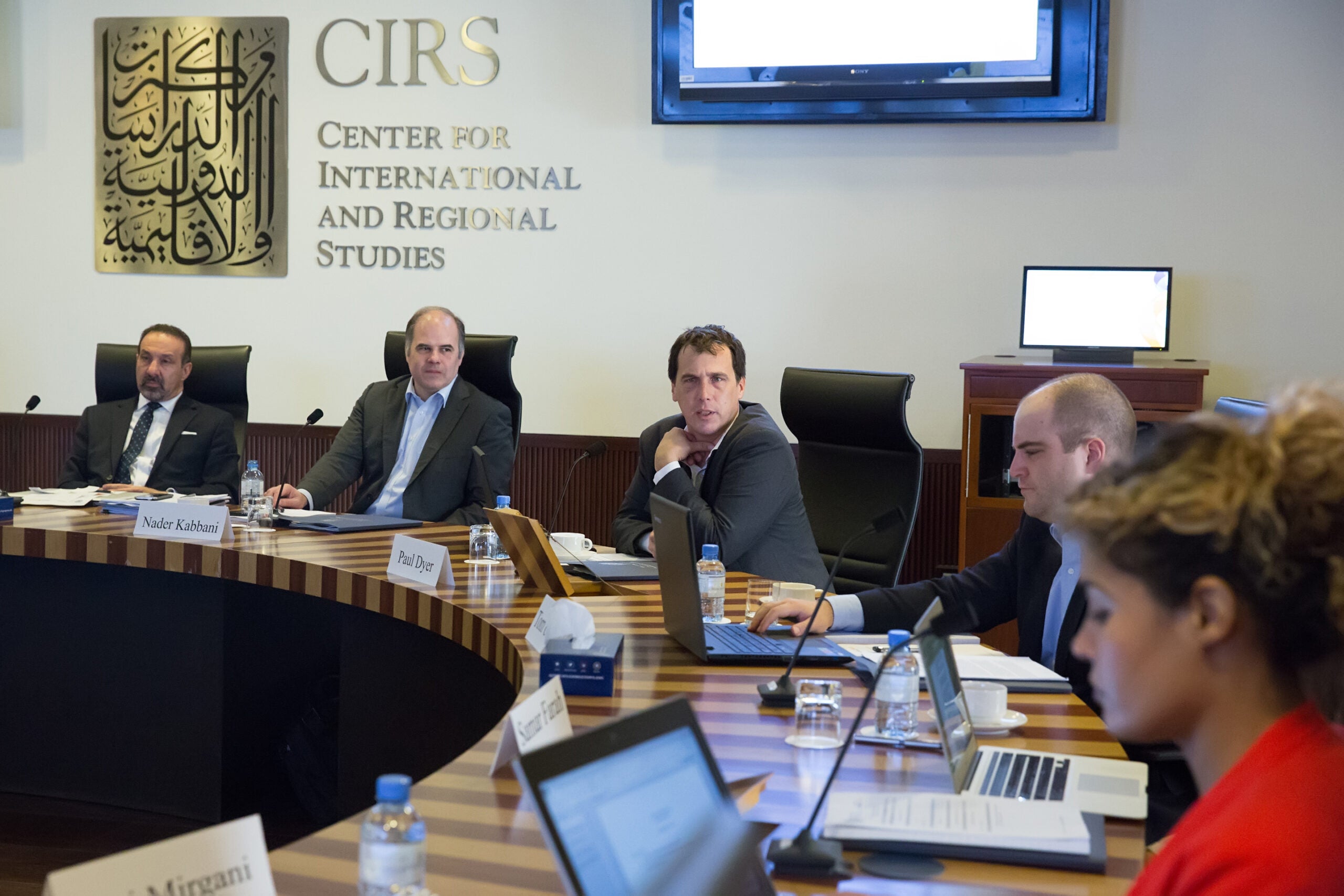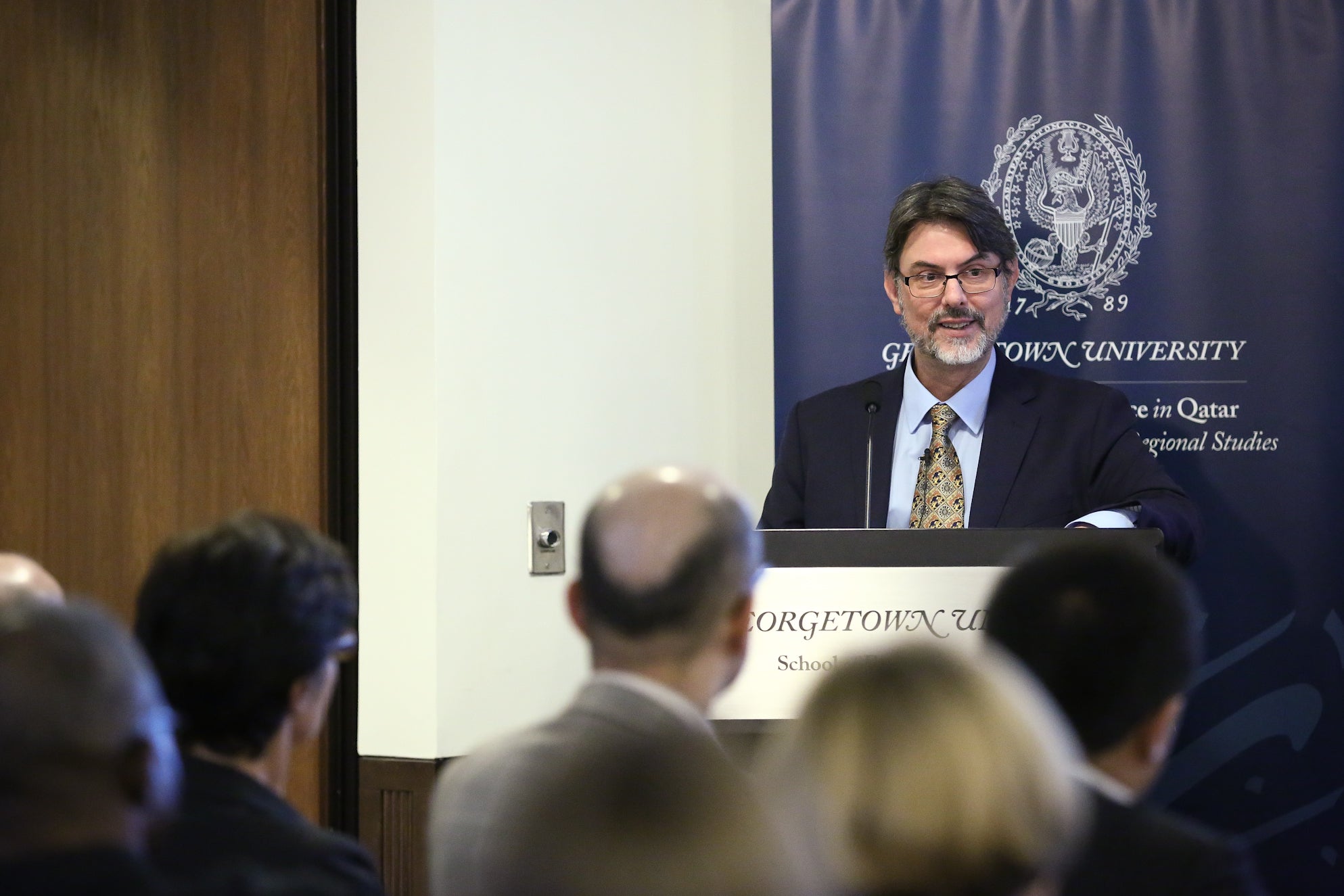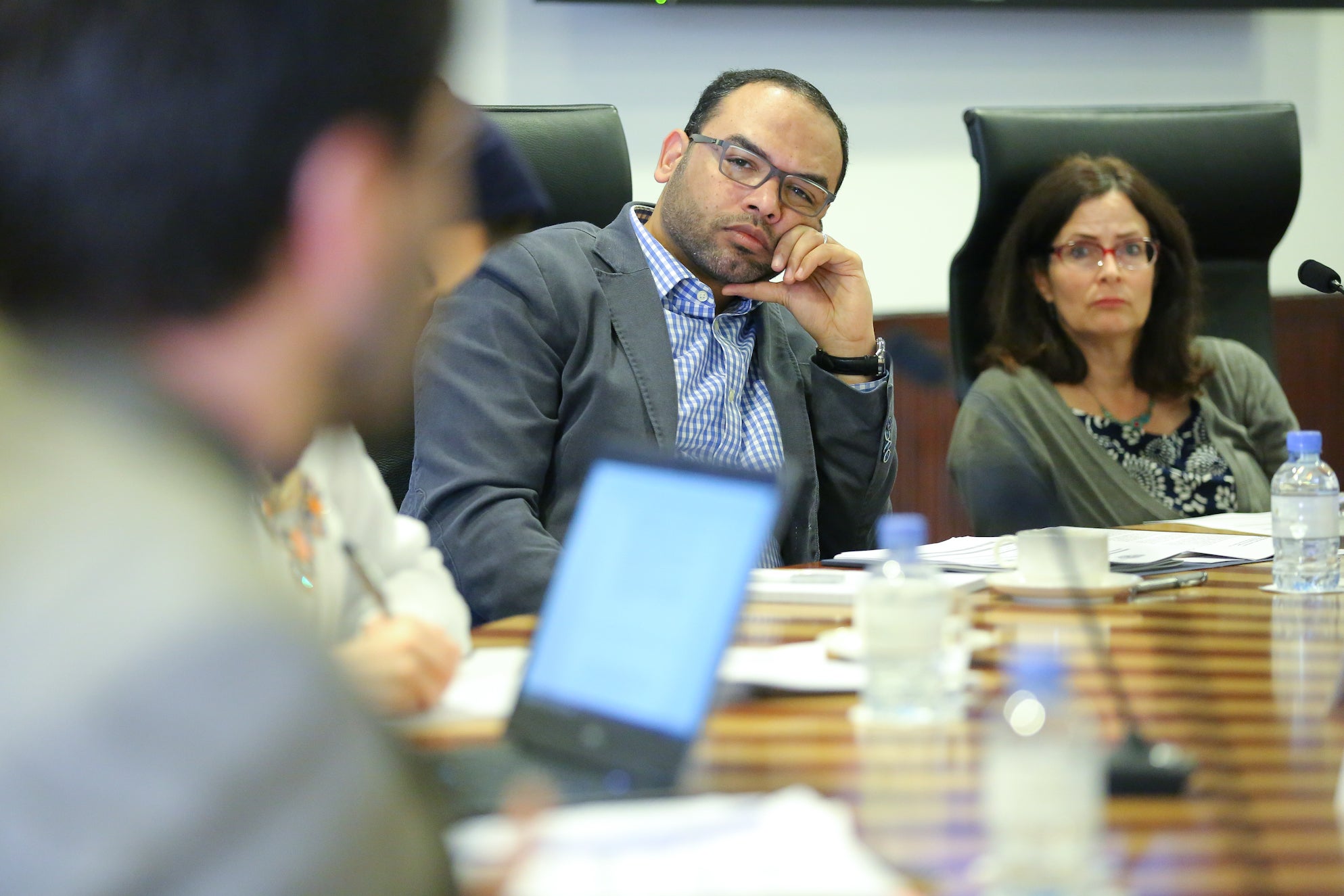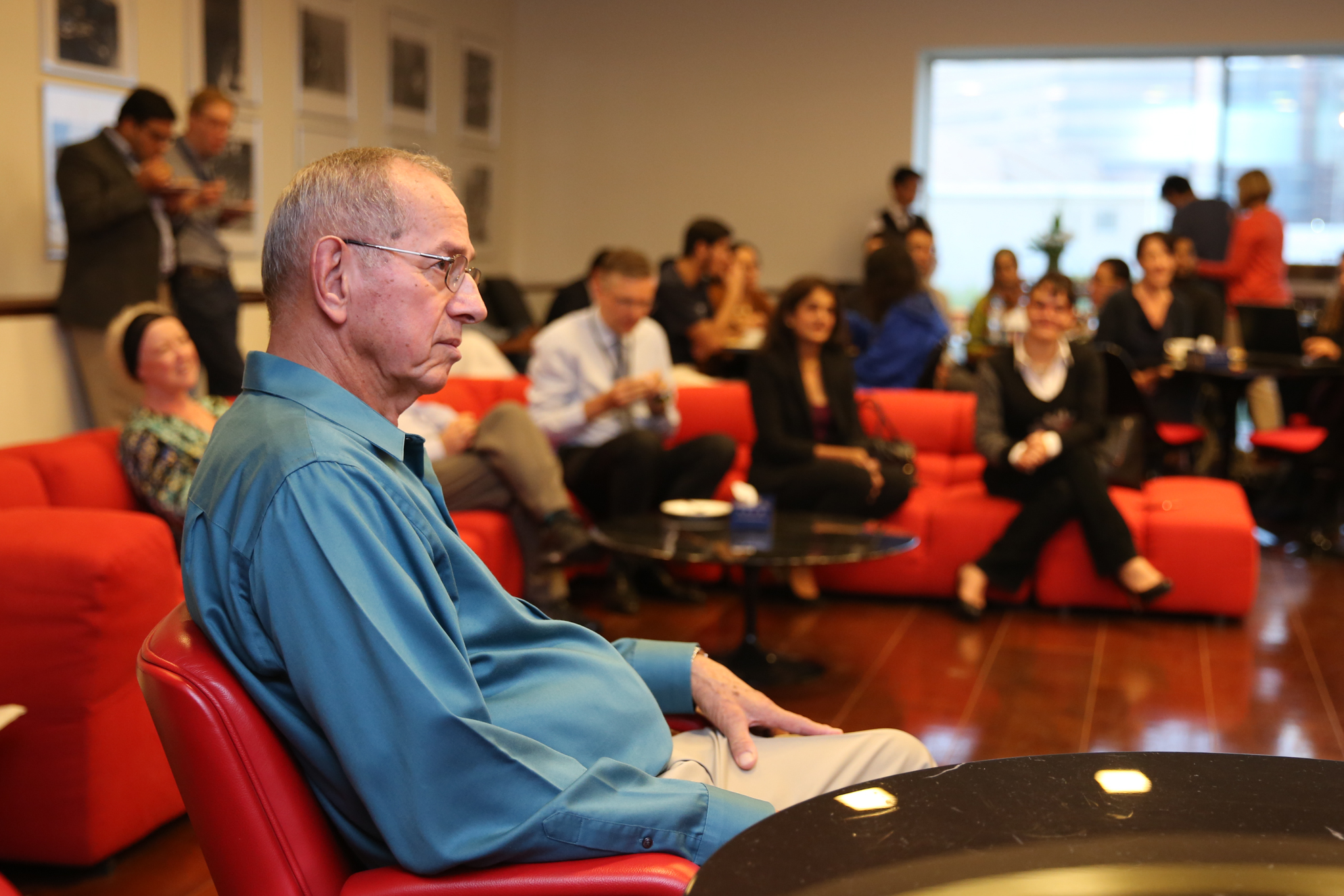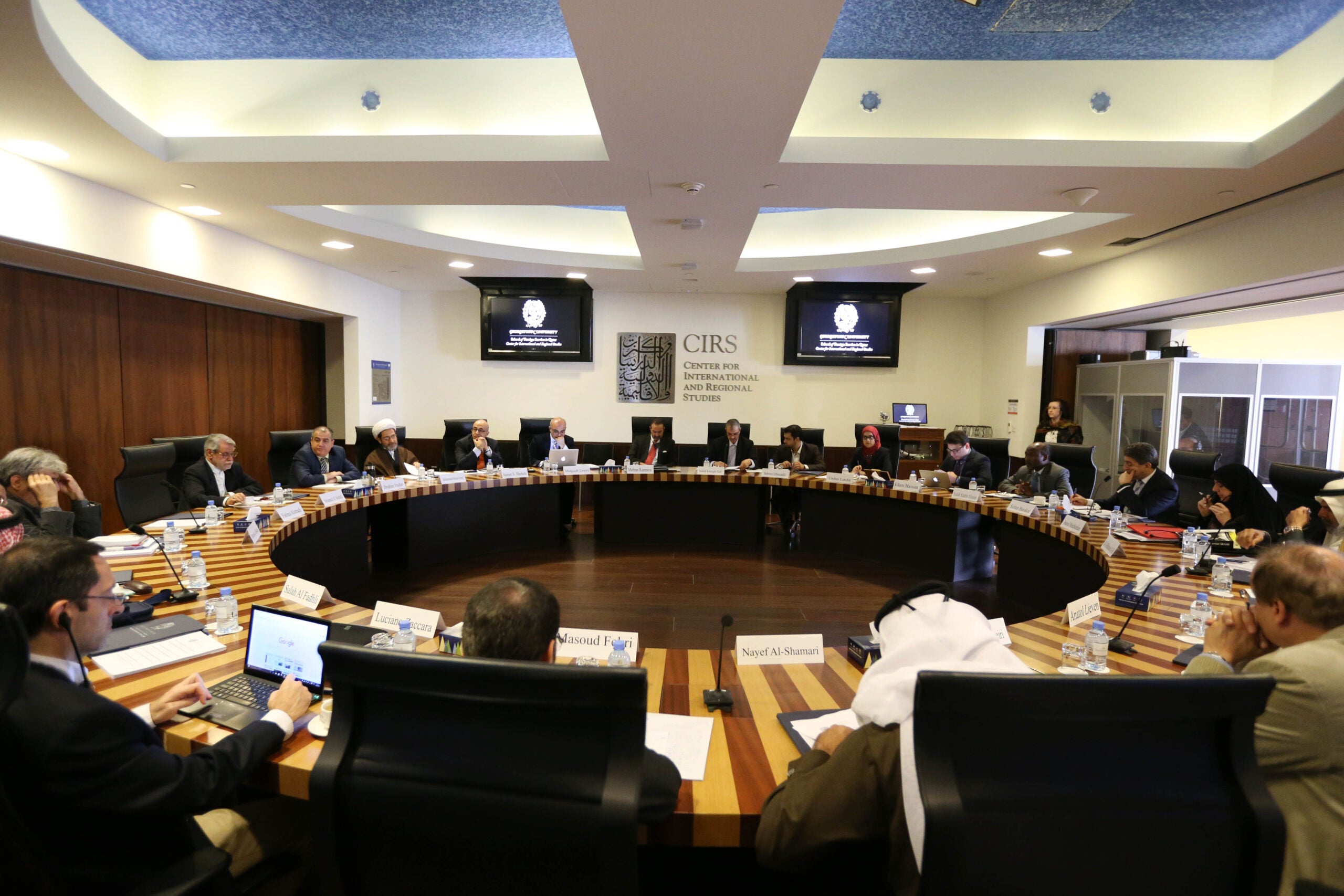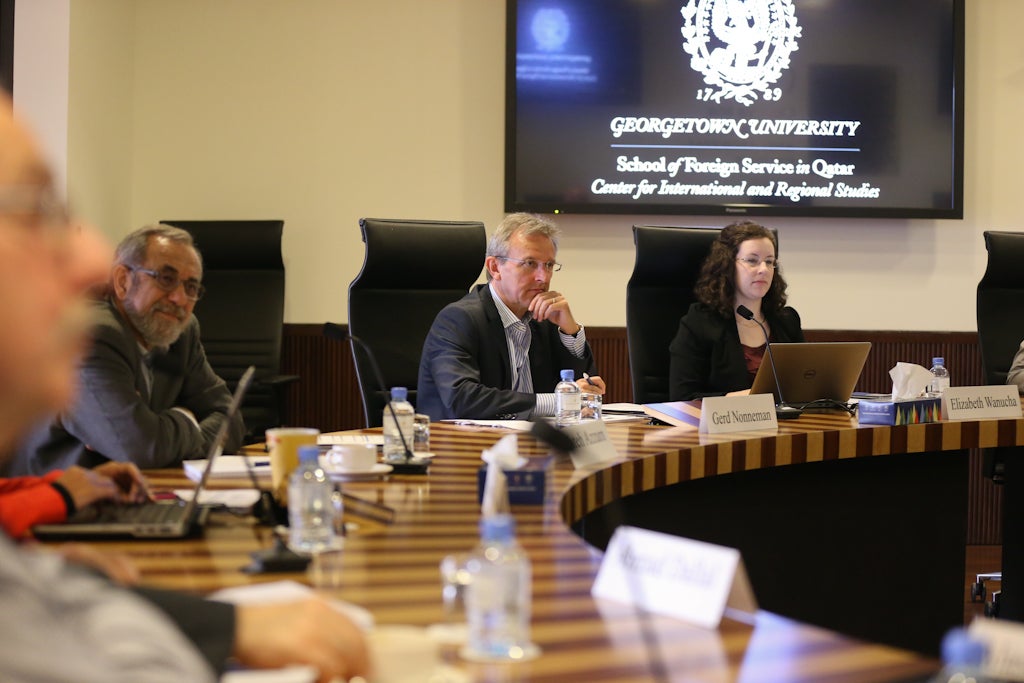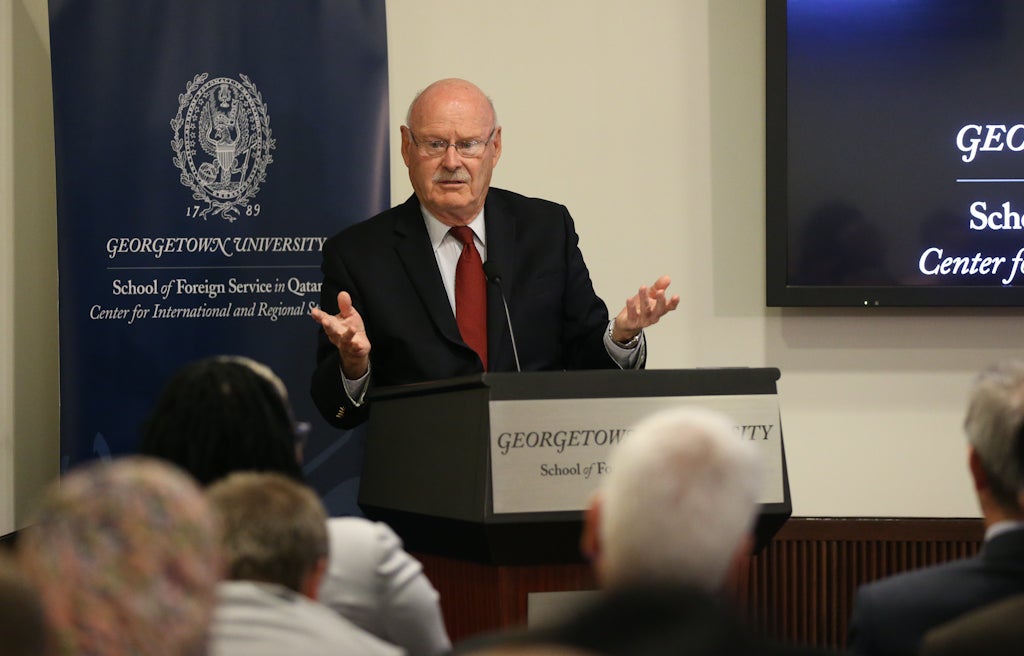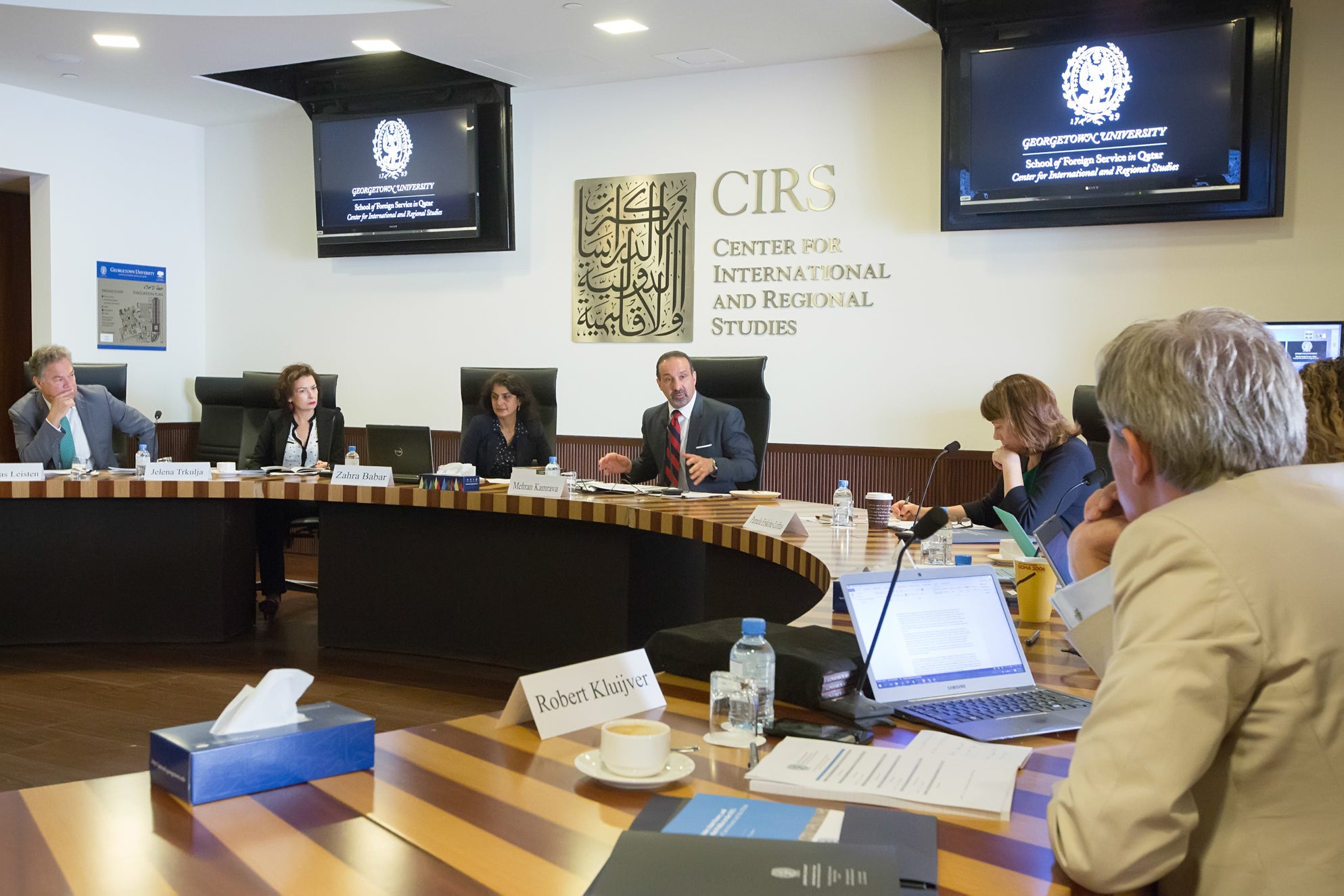
Art and Cultural Production in the GCC Working Group I
On August 30-31, 2015, CIRS held the first Working Group under its research initiative on “Art and Cultural Production in the GCC.” Included in the meeting were academics, art historians, museum specialists as well as a selection of curators and visual culture specialists. Over the course of two days, the participants discussed a number of relevant…
